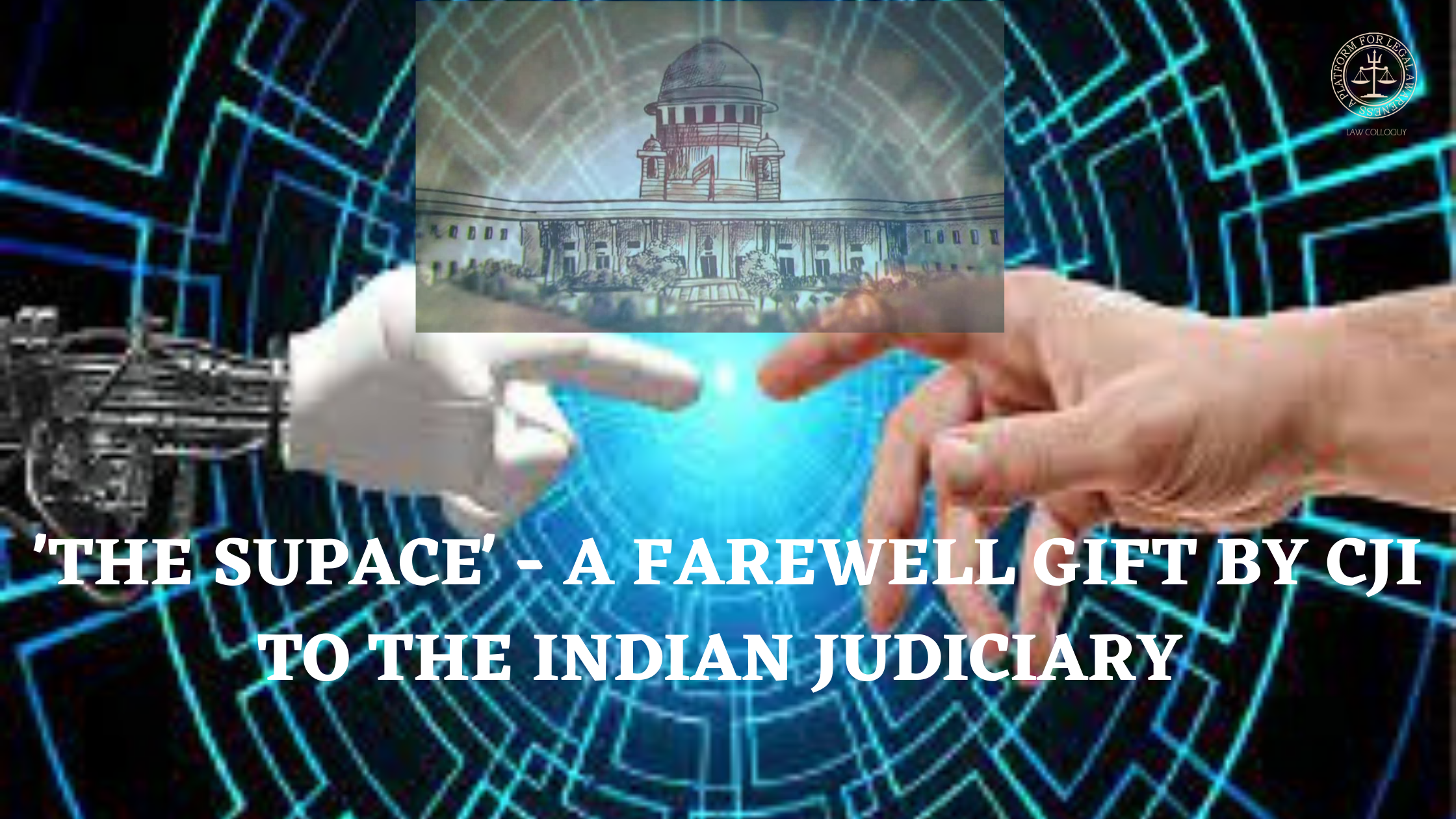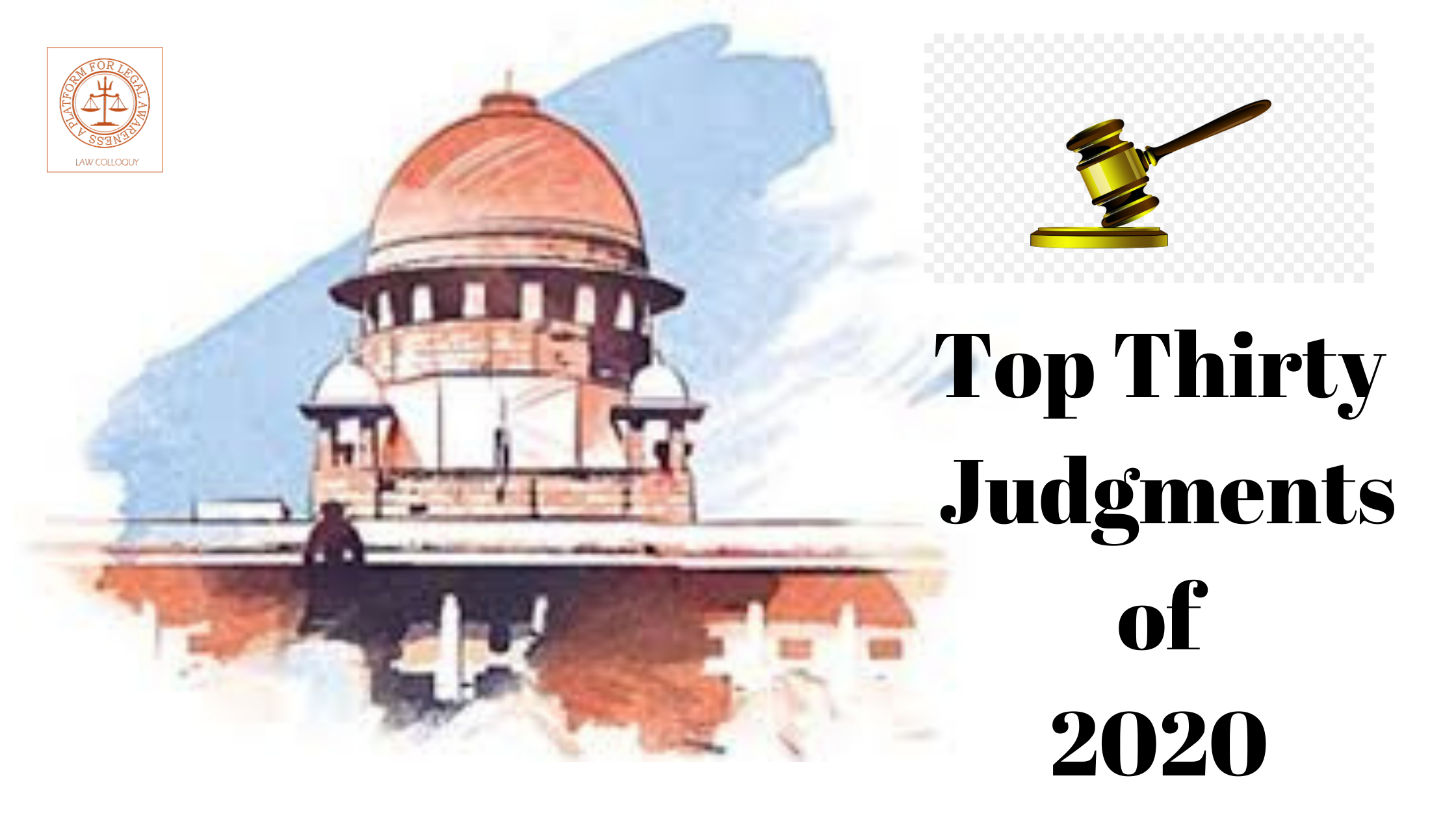The Role of Law in Promoting Social Justice
Law serves as a comprehensive catalyst for social transformation and the promotion of equality. In India, the legal framework is deeply rooted in the Constitution, which not only outlines the structure of government but also enshrines fundamental principles of social, economic, and political justice. This blog delves into the multifaceted and comprehensive role of law in advancing social equality, specifically through the lens of constitutional mandates that guarantee fundamental rights and freedoms, legislative enactments that seek to dismantle systemic inequalities, and judicial interpretation that expands the scope of liberties and rights for marginalised communities. Additionally, it examines socio-legal reforms aimed at addressing historical injustices, exploring their impact on improving access to justice and empowering disadvantaged groups. This analysis aims to highlight both the achievements and ongoing challenges in striving for a more equitable society in India, reassure the public about the thoroughness and comprehensiveness of the legal system, and foster public confidence.
Ministry of Civil Aviation (MoCA): An Overview
The Ministry of Civil Aviation is responsible for formulating national policies and regulations for civil aviation in India. It has attached and autonomous organisations like DGCA, BCAS, and AAI overseas. This blog gives an overview of the Ministry of Civil Aviation.
Ministry of Agriculture and Farmers’ Welfare- An Overview
The Ministry of Agriculture and Farmers’ Welfare is the main regulating body of India and is accountable for establishing and administering the rules, regulations, and laws of agriculture. This department aims to surpass agriculture, the welfare of the farmer, and satisfy the country’s food needs. It happens with the involvement of three major units serving different functions and holding specific obligations. This blog throws a light on the various department under the Ministry and their roles and responsibilities in brief.
Evolution of the Indian Penal Code to Bharatiya Nyaya Sanhita (BNS)
India's criminal justice system is a testament to its remarkable resilience and adaptability. It has evolved to meet the needs of various historical periods, including the recent amendment of the Bhartiya Nyaya Sanhita. This blog explains the evolution of the penal system in India.
"Ganga Jamuna: Navigating the Censor Board's Intricacies - A Cinematic Tale of Certification and Controversy"
Recently, news about the movie "Ganga Jamuna" was featured in the newspaper on November 6th. The news revolved around Dilip Kumar's six-month journey with the Censor Board for the film "Ganga Jamuna." In 1961, the movie, directed by Nitin Bose and starring Dilip Kumar, was released. Dilip Kumar also produced the film. However, the film encountered numerous challenges with the Censor Board, leading to 250 cuts and an 'A' certificate due to its focus on the Uttar Pradesh belt, featuring dialogues in the Awadhi dialect. This blog delves into the functioning of the Indian Censor Board and the process of issuing film certificates with reference to Ganga Jamuna.
A Brief Note on the Election Process In India
India's election process is a complex and extensive system governed by the Election Commission of India. This blog describes some of the key details of the election process in India. .
Legality Of Betting and Gambling Contracts In India
Gambling is betting or wagering money or anything at the expense of a possible future outcome to win. Gambling in India traces back to the time of The Mahabharata, almost 4000 years ago; it is described as a form of playing dice or “chausar” as it was called back then. It might be possible that gambling was introduced for people to increase their knowledge, basically to increase their capacity to take risks in their lives. Eventually, gambling became a game played by everyone from rich to poor, usually by royals in their leisure time. A famous instance of gambling, which everyone knows about, is when, in the Indian legend Mahabharata, the Pandavas wagered everything they had, including their wife, while playing dice. Since then, gambling and betting have evolved with time. People bet with money. Some people even win crores, set up a business, and live peacefully. More people have started betting illegally with money, leading to corruption and money laundering. This blog describes the various types of betting and gambling and the legal aspect of it.
Words Like Prostitute-Mistress Will Not Be Used In Courts: Supreme Court Released Terminology For Women
Gender stereotype words will no longer be used in Supreme Court decisions and arguments. Supreme Court launches Gender Stereotypes Combat Handbook to crack down on derogatory terms used for women.
No Confidence Motion in India: Explained
In parliamentary democracies, the No Confidence Motion (NCM) concept is a critical mechanism for ensuring governmental accountability and transparency and maintaining the delicate balance between the executive and legislative branches. In India, a nation that upholds democratic principles, the NCM is significant in its political landscape. The No Confidence Motion represents a powerful tool in the hands of the opposition to voice concerns, challenge policies, and even potentially change the course of governance.This blog delves into the No Confidence Motion concept, procedure, implications, and historical relevance in the Indian context.
GRIM REALITY OF SPORTS IN INDIA
Sport refers to an activity that involves physical and mental abilities. Sports have always been a vital part of human lives. Sports in India range from traditional, common, and famous sports like kabaddi, cricket, hockey, etc., and some other sports which are not known to many people. India has performed tremendously in the realm of sports and has been hosting plenty of domestic and international sports events as well. It has earned many awards in global spaces like the Olympics, commonwealth games, etc. In addition, India encourages the youth and has opened various universities for the same.Despite everything, India still lacks in the area. India faces problems that are still unrecognized and are not acted upon, even if recognized. The roots of the issues are hard to reach consideration yet can be done. The problems start and keep going on and probably never end. However, recognition is our duty, and acting on them is our right; hence let us move on to the grim reality of sports in India.
ARTICLE 19(1) OF THE CONSTITUTION OF INDIA: AN ANALYSIS
India had achieved independence after huge bloodshed only for the citizens of the country so that they could live happily, without any interference from outside, which is known as sovereignty. Just after three tears, on the 26th day of November 1950, India had drafted its first Constitution, with its founding fathers being Dr. B.R. Ambedkar, Sir Benegal Narsing Rao, Surendra Nath Mukherjee and others. The Constitution of India has 22 parts and 395 Articles, and Part III of the Constitution is enshrined with the Fundamental Rights, ranging from Articles 12 to 35. Article 19(1) of the Constitution of India gives the freedom of speech and expression to all the citizens of India. The Supreme Court has ruled in the case of Devendrappa (1998) that reasonable restrictions may have to be imposed in the freedom of speech and expression in the interest of maintaining discipline in public services, even though it may not have been mentioned as a ground in Article 19(2).
THE SUPACE- A FAREWELL GIFT BY CJI TO THE INDIAN JUDICIARY
A new concept of virtual hearing ARTIFICIAL INTELLIGENCE has been introduced by Hon’ble Shri S.A.Bobde recently, named as “SUPACE”. This is a complete blend of human and machine intelligence. The curiosity to know and have knowledge about a new thing automatically comes to the human mind. This blog, deals with the ARTIFICIAL INTELLIGENCE (SUPACE), it's working and uses in the Indian Judiciary.
Misuse of Gender Laws in India
This paper, titled ‘Misuse of Gender Laws in India’, attempts to put forth some major loopholes in our Judicial System with respect to gender-oriented laws. It tries to make a sincere effort to understand how and why these loopholes get exploited by a section of society. It aims to critically evaluate, study and examine the major difference between what was intended by some laws versus what actually became of them through their massive misuse. This is one of those areas which has just started to gain momentum among the masses, but the legal and societal recognition of which has not received enough attention. There is also a significant dearth of quality literature available in this respect.
Top Thirty Supreme Court Judgements of India in 2020-2021
Among the numerous supreme court judgements passed this year, we have made an effort to reflect upon the top thirty supreme court judgements of India in 2020-2021.
ABORTION AND INTERNATIONAL LAW
The abortion decision involves several parties, all with their own legally protected interests, civil liberties or fundamental human rights. These parties are the fetus, the pregnant woman, the doctor, the father of the fetus and the parents of the pregnant minor.
Self-Reliant India: An Opportunity in The Time of The Pandemic
Atmanirbhar Bharat Abhiyan also is said as Self-Reliant India Mission was authoritatively announced in May to fight the COVID-19-induced economic slowdown by Prime Minister Narendra Modi while addressing to the nation.
Reservation for Promotion: Is the State Bound to Provide It?
After independence, the rights of a minority was continued to be safeguarded, but significant changes happened in 1979 with the Mandal Commission Report which called for a change to admissions to institutes of higher education, except where states already had more generous requirements.
Preamble: The Essence of The Indian Constitution
A constitution is a fundamental law of a country, either written or unwritten, which is a framework of rules for the establishment of governmental institutions, their powers & functions, and their mechanisms.
Difference between Dishonestly & Fraudulently in the Indian Penal Code, 1860
Dishonestly & Fraudulently are usually confused as synonyms, although they have different meanings and uses in criminal law. The main factor in discriminating them is the level of punishment. Dishonestly is non-cognizable, whereas fraudulently is a cognizable offence.
E-Contracts in Contemporary India
Contracts are standard processes that we undertake in our daily lives, but we hardly realize and recognize it. Buying and selling vegetables, groceries, land, properties and any essentials all comes under the definition of Contract. According to The Indian Contract Act, 1872
Personal Data Protection Bill, 2019: At Glance
Too much digitalisation and acceptance of integration of technology in our lives cannot be denied. Every sector, healthcare, legal, etc., is bombarded with new technological advancements, and our involvement in the same cannot be restricted. This, too much reliance raises concerns as to how the data of the individual, organisation, government department will be regulated. Due to a lack of legal reforms that provide for the regulation of data of users, certain people are sceptical about inculcating technology. To address all the above-mentioned issues, the Personal Data Protection bill, 2019 was introduced in the Lok Sabha by the Ministry of Electronics and Information Technology, on December 11, 2019.
Structure and functioning of Criminal Courts in India
Administration of criminal justice is carried out through Magistrate Courts and Sessions Courts. The Indian Panel Code, 1860 (IPC), together with other penal laws constitutes India's substantive criminal law.
Significant Amendments in the Criminal Law (2013-18)
Our legal system has provided many provisions to protect women and keep on amending from time to time. Some significant provisions on sexual offences were amended in 2013-18 in criminal law.
Criminal Trial in Indian Law
Criminal law is the body of law that relates to crime. In India Criminal Justice system includes three Acts
Difference between Kidnapping and Abduction
The word “kidnapping” has been derived from the word ‘kid’ meaning child and ‘napping’ to steal. Thus the word literally means “child stealing”. However, under the Indian Penal Code it is not confined to child stealing. It has been given broader implication, i.e., carrying away of a human being against his/her consent, or the person accused removes the person from his/her lawful guardianship.
Differences between “May Presume” “Shall Presume” And “ Conclusive Proof
As per the dictionary, the meaning presumption is ‘an idea that is taken to be true on the basis of probability’ or ‘the act of believing that something is true without having any proof’.
Covid-19 and the Justice Delivery Mechanism
Indian judiciary is known and acknowledged as one of the most progressive and most reliable judicial institutions around the globe, supporting and serving democratic order. It is appreciable that the Court has quickly adapted to technology to address the grievances of the litigants and dispose of the crucial and urgent matters which is a vital function of judiciary highlighting the fact that justice cannot be suspended even during the lockdown. At the same time, some hurdles are ceasing the way to deliver justice. In this essay, the authors aim to discuss the limitation of law in delivering justice and the matters which are crucial and urgent, yet unable to get listed for hearing.
Female Lawyers and the Indian Legal Industry
The Indian legal industry has seen a growth in the number of female lawyers entering the profession. Traditionally seen as a male-dominated profession, female lawyers are making their mark increasingly in the world of litigation and law firms. However, despite the increasing numbers, there is a tendency for women lawyers to disappear as they progress up the hierarchical system. In the beginning, when junior lawyers enter into the field, you will see more female lawyers as compared to the top where men are in dominance. Commentators have described this to be the ‘dropping off’ of women lawyers along 20-30 years of their careers. Why exactly does this happen?
COVID-19: Penal provisions for enforcing social distancing
On 11 March 2020 WHO declared the Novel Coronavirus Disease (COVID-19) outbreak as a pandemic (an epidemic that has spread worldwide, affecting a large number of people). The Union Government has invoked the powers under the Epidemic Diseases Act, 1897 to enhance preparedness and containment of the virus and declared COVID-19 a 'notified disaster' under the Disaster Management Act 2005.
Distinction between ‘Wrongful restraint’ and ‘Wrongful confinement’
The term ‘Wrongful restraint’ denotes a willful obstruction of any individual in order to keep that individual from continuing toward any path in which that individual has a privilege to continue.
Theories of Punishment
With the change in the social structure, society has witnessed various punishment theories and the radical changes that they have undergone from the traditional to the modern level and the crucial problems relating to them.
Meaning of Lawyer, Advocate, Solicitor, Barrister and more
Generally, lawyers, advocates, barrister, solicitors are considered equivalent words, but they are having different meaning, importance, and nature.


 An Overview.png)

.png)
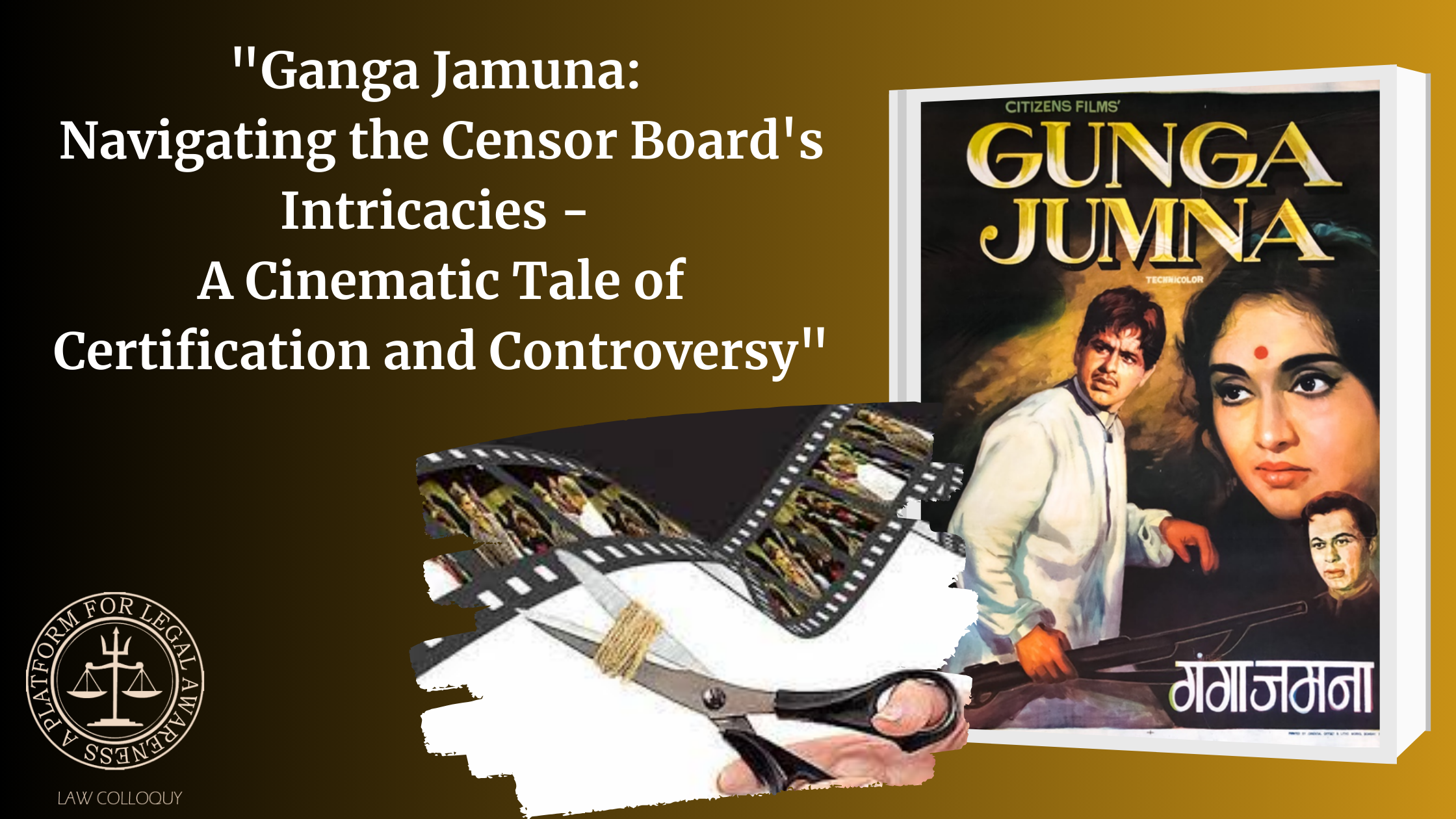
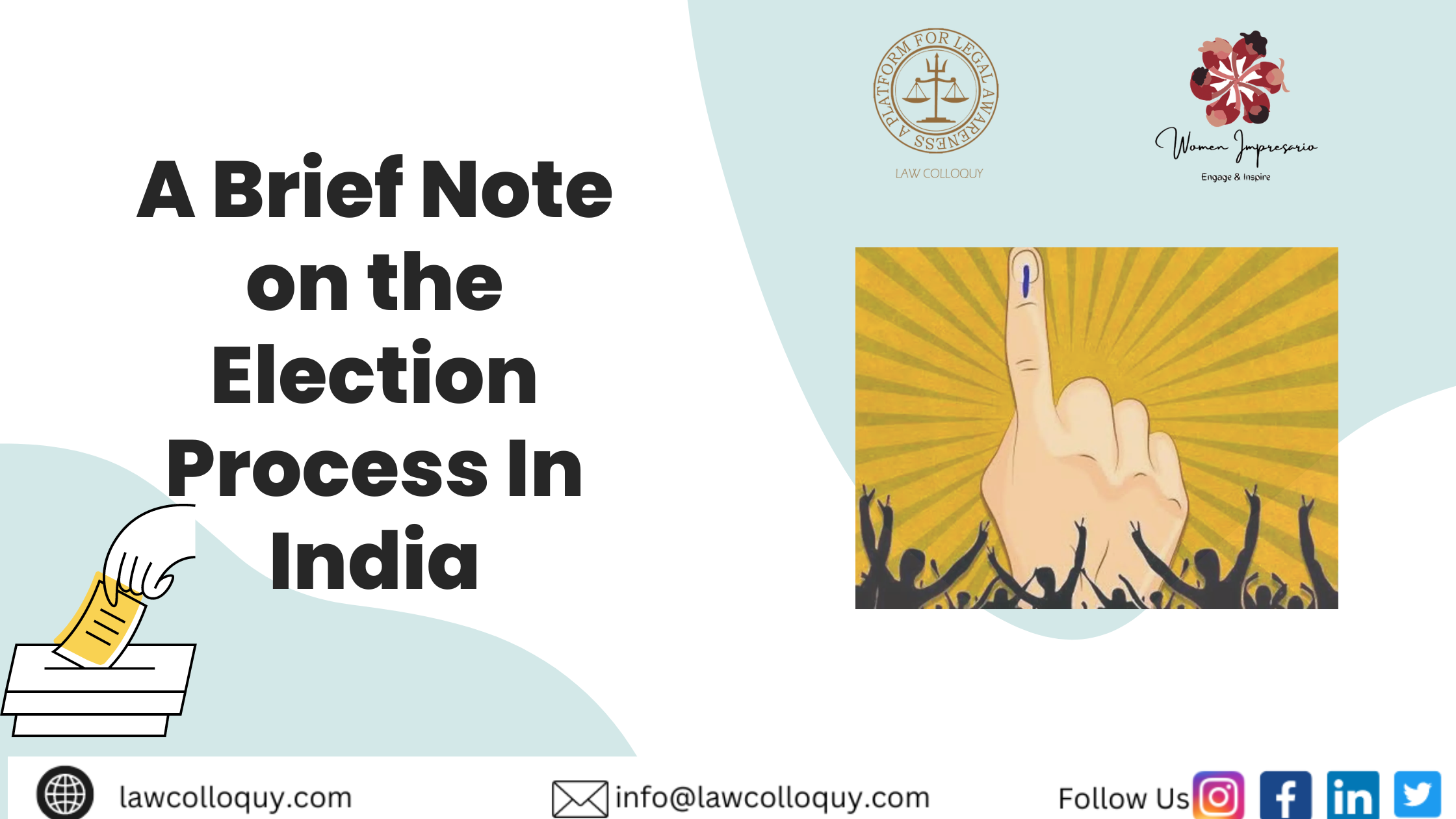


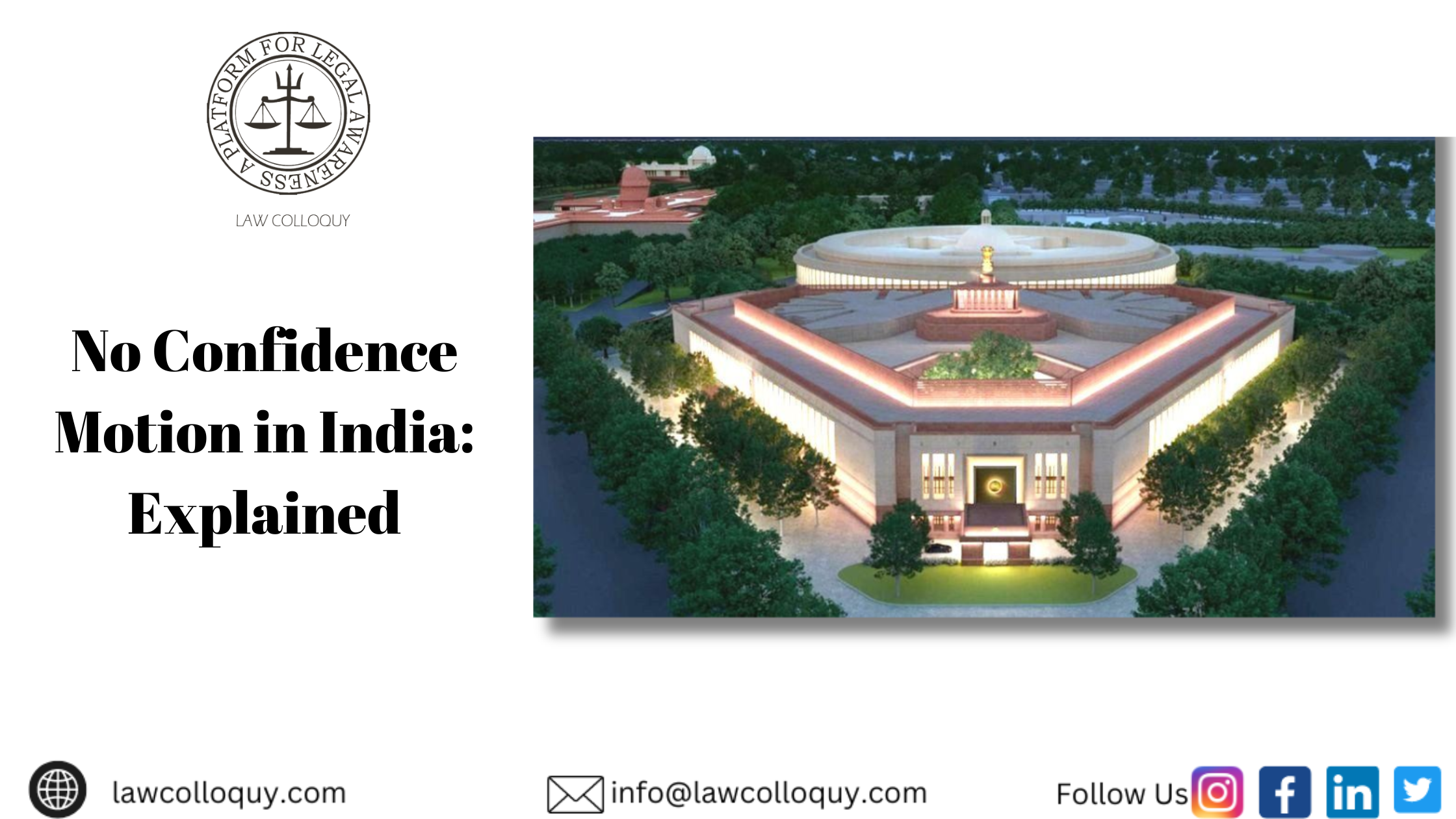
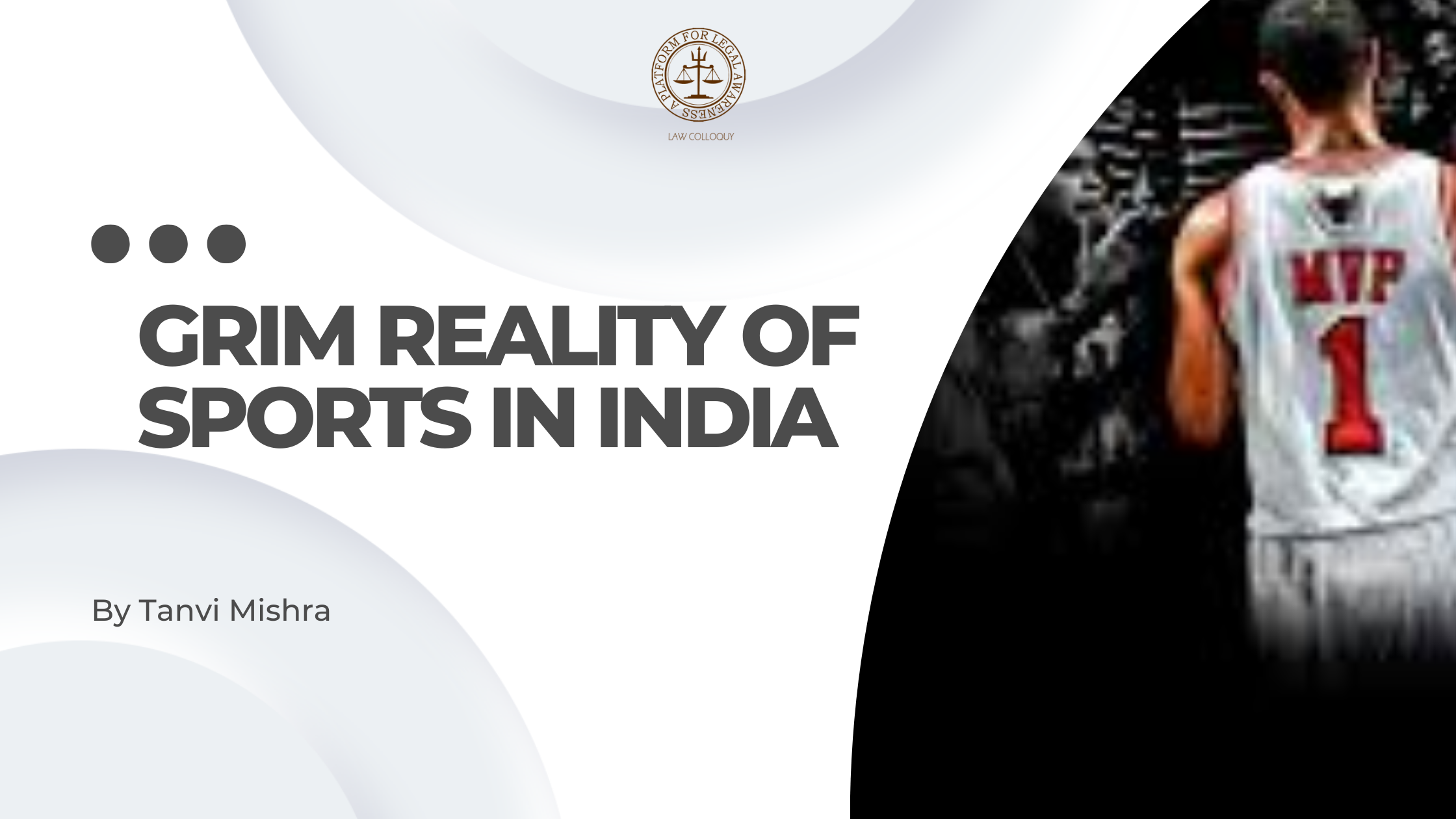
 OF THE CONSTITUTION OF INDIA AN ANALYSIS.png)
